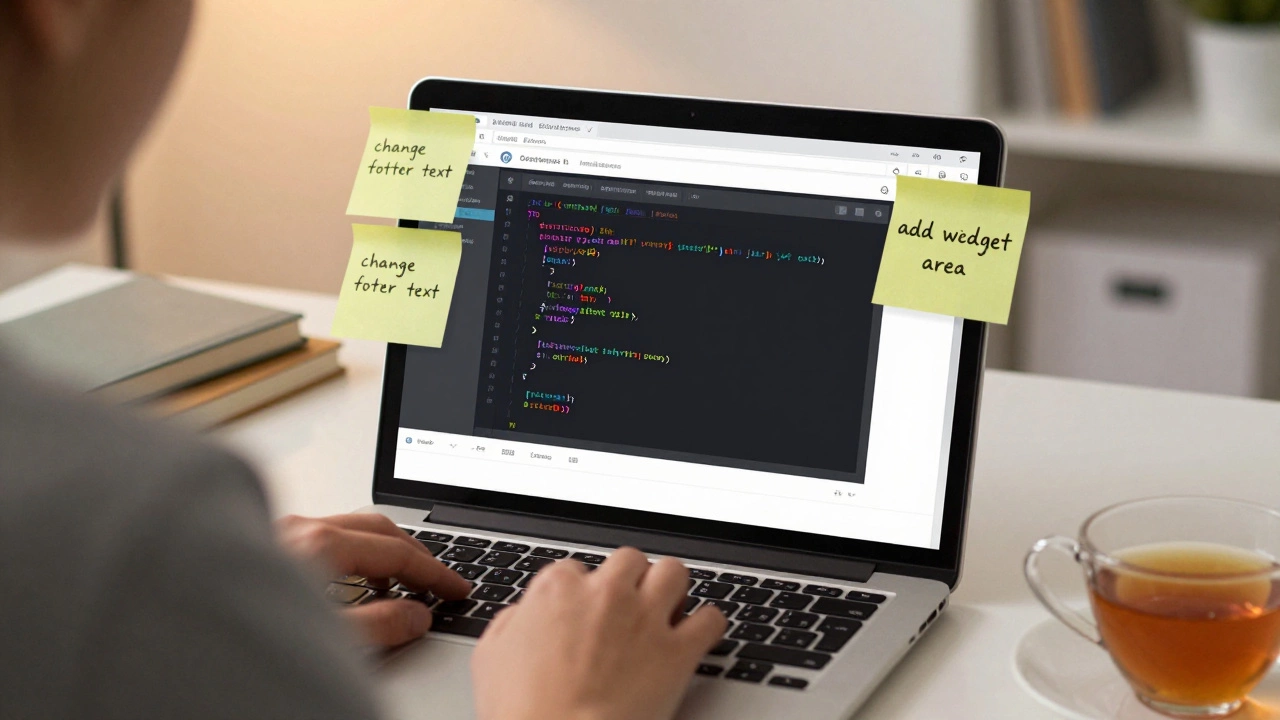WordPress Coding: What You Need to Know in 2025
When you work with WordPress coding, a system for building websites using PHP, MySQL, and WordPress-specific functions. Also known as WordPress development, it’s not just about installing themes and plugins—it’s about writing code that makes sites faster, safer, and truly yours. Most people think WordPress is for beginners because you can build a site without touching code. But if you want to fix performance issues, customize beyond templates, or scale beyond basic blogs, you need to understand what’s underneath.
At its core, WordPress coding means working with PHP, the server-side language WordPress is built on. Every theme file, every plugin function, every custom loop runs on PHP. You don’t need to be a backend expert, but knowing how to read and modify PHP files lets you control how your site behaves. Then there’s WordPress themes, the templates that control how your site looks and feels. A theme isn’t just CSS—it’s a collection of PHP files that tell WordPress how to structure pages. And WordPress plugins, add-ons that extend functionality? They’re written in PHP too. Most plugins are bloated because developers didn’t write clean code. Learning to code your own plugins or tweak existing ones saves money and keeps your site lean.
People ask if WordPress is easy for developers. It is—if you know the rules. The WordPress Codex, hooks, actions, and filters aren’t magic—they’re patterns. Once you learn how to use add_action() or wp_enqueue_script(), you stop guessing and start building. You’ll also start seeing why so many sites slow down: too many plugins loading scripts on every page, themes with unused CSS, or custom code that doesn’t follow WordPress standards. Good WordPress coding means writing less, not more. It means using child themes so updates don’t break your site. It means knowing when to use a plugin and when to write five lines of code instead.
By 2025, businesses don’t just want a website—they want a fast, secure, custom tool. That’s not something you get from drag-and-drop builders. It’s something you get when someone understands how WordPress really works under the hood. Below, you’ll find real guides on how to code better WordPress sites: from fixing performance bottlenecks to building custom plugins, from choosing the right theme structure to knowing when to skip PHP entirely and use JavaScript instead. These aren’t theory pieces—they’re hands-on fixes people used to save time, cut costs, and build sites that actually perform.

